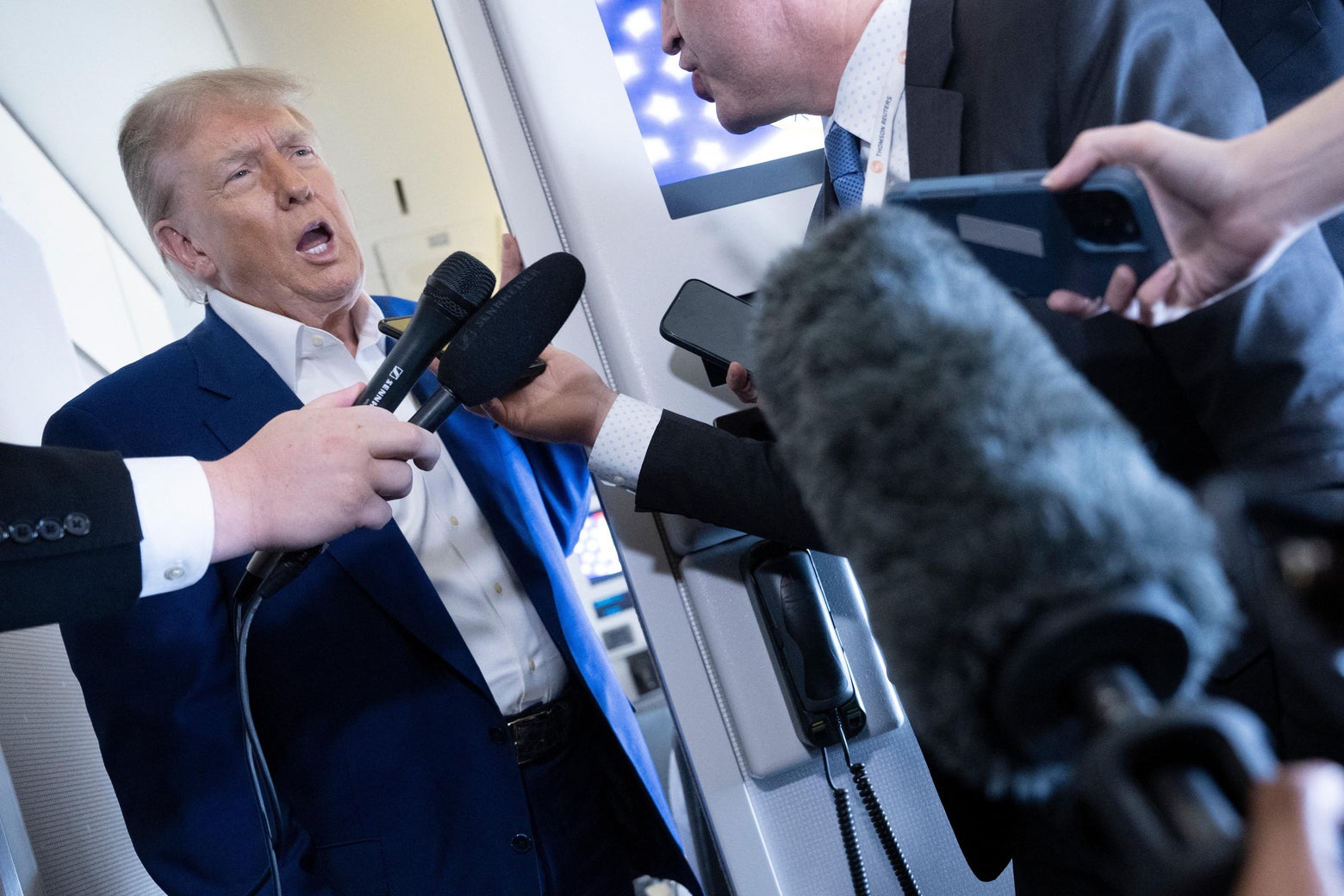Amid growing confusion regarding the conflict in Iran, many questions linger about the nature of the recently announced ceasefire and its implications for U.S. foreign policy. President Donald Trump has claimed a significant role in facilitating peace between Iran and Israel, but the reality remains murky.
On Monday evening, Trump took to social media to announce a ‘Complete and Total CEASEFIRE’ agreed upon by Israel and Iran, stating, “Israel & Iran came to me, almost simultaneously, and said, ‘PEACE!’ I knew the time was NOW. The World, and the Middle East, are the real WINNERS!” However, the details reveal a far more complicated scenario. Oman reportedly initiated contact with Iran at Trump’s urging, but despite the proposed ceasefire, missile exchanges continued between the nations.
In a heated moment responding to the escalating situation, Trump criticized their actions, expressing frustration to reporters, “We have two countries that have been fighting so long and so hard that they don’t know what the f*** they’re doing.”
Furthermore, Trump’s rhetoric regarding Iran’s political stability has fluctuated significantly. Just days prior, he questioned why a regime change was not a viable option if the current Iranian leadership could not restore the nation’s greatness, only to later suggest that regime changes lead to chaos and should be avoided. Such contradictory statements raise alarms about the stability of his administration’s approach to achieving security in the region.
The backdrop of Trump’s statements is the recent U.S. military actions against Iran’s nuclear facilities, including the Fordow uranium-enrichment plant. While the B-2 bombers targeted these sites with advanced weaponry, reports suggest that much of Iran’s enriched uranium may have been moved ahead of the attack. Satellite evidence indicates cargo trucks arriving at Fordow just before the bombing commenced.
Trump dismissed concerns regarding the effectiveness of the military operation, labeling such reports as “fake news” and accusing detractors of being “gutless losers.” However, even his own vice president acknowledged the potential shortcomings of the military action, with intelligence reports stating that the bombing did not significantly damage the core elements of Iran’s nuclear program.
The implications of this outcome are significant. Trump’s objective was to severely compromise Iran’s nuclear capabilities, yet experts now believe that the attack may have only delayed progress by a few months. If Iran is perceived as being threatened by the U.S. and Israeli leadership, it may expedite its efforts to develop nuclear weapons.
Historically, nations observing the U.S. military actions have reacted differently; Libya’s Moammar Gaddafi relinquished his nuclear ambitions and faced dire consequences, while North Korea’s Kim Jong-un accelerated his weapons program amidst global pressure. The strategies of both nations serve as a key lesson for Iranian leaders contemplating the risks of nuclear development.
The fate of Iran’s leadership also hangs in the balance. Should a regime change occur, those who emerge may not align with pro-democracy movements but could instead be more hardline factions, such as the Islamic Revolutionary Guard Corps, which has previously resisted engagement with the West.
As Trump navigates this precarious situation, he remains eager to claim success and seeks to bolster his image on the world stage. His declarations of peace may be premature, as the complexities of Middle Eastern geopolitics often defy quick resolutions. Trump’s experience and understanding of the region appear limited, raising concerns about the effectiveness of his approach amid ongoing tensions.

